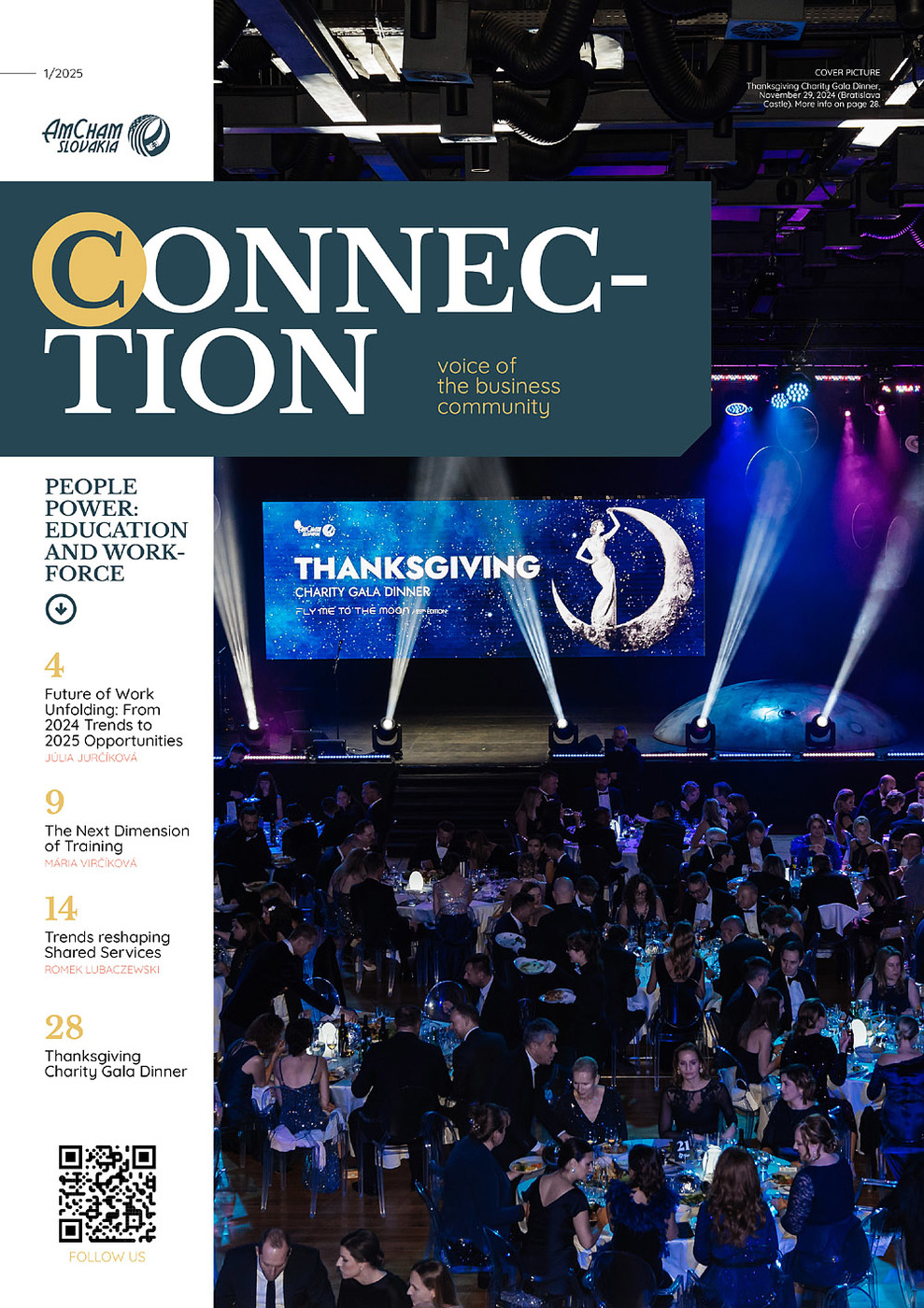What Makes a Great Employee Experience?
Employee experience has evolved far beyond basic office benefits and yearly feedback forms. Today’s workforce wants more. Microsoft’s 2023 Work Trend Index reveals that 76% of employees are looking for two key things: meaningful relationships at work and opportunities to develop their skills. The question is: how can companies provide this?
Building Strong Company Culture Through Experience
Employee experience works like a foundation for company culture. Recent McKinsey research shows some interesting numbers: companies that focus on creating positive employee experiences are 3.2 times more likely to build a strong, successful culture. But what exactly makes an employee experience successful?
Measuring What Matters
How can organizations measure if their employee experience strategy is effective? MIT Sloan’s 2023 research identifies five important metrics:
- Employee Net Promoter Score (eNPS) - measures whether employees would recommend their workplace to others. It’s a simple but powerful indicator of how people feel about their company.
- Engagement Levels - it goes deeper than just job satisfaction. It shows how involved and committed employees are to their work and company goals.
- Retention Rates - how long do employees, especially high performers, stay with the company? This metric helps understand if the company can keep valuable talent.
- Productivity Indicators - these numbers show the direct impact on business results, measuring how employee experience affects actual work output.
- Cultural Alignment - measures how well employees understand and follow company values in their daily work.
Success in Action: Microsoft’s Hybrid Work Transformation
When Microsoft shifted to hybrid work in 2022, they faced a common challenge: maintaining strong employee experience in a distributed environment. Their initial employee satisfaction scores showed a concerning 15% drop in the first six months of hybrid work.
Their response became a blueprint for modern employee experience:
They implemented:
- Microsoft Teams Rooms with integrated Virtual Coffee catchups
- Career development through Microsoft Viva, their employee experience platform
- Weekly pulse surveys with direct feedback to leadership
- Peer recognition program integrated into their daily workflow
The results after one year demonstrated the power of intentional employee experience:
- 27% increase in employee engagement scores
- 34% reduction in voluntary turnover
- 41% rise in internal mobility and promotions
This transformation wasn’t just about technology - it was about understanding and responding to changing employee needs in real time. As Josh Bersin, founder of Josh Bersin Academy and leading global HR industry analyst, notes: “Employee experience is not about making people happy—it’s about making it possible for people to do their best work.”
What’s Next on the Horizon?
Building on successful transformations like Microsoft’s, the future of employee experience continues to evolve, striking a powerful balance between technology and human touch. AI is transforming how employees navigate their work journey, offering customized experiences that match their individual needs and career goals. Virtual reality technology is making it possible for remote teams to connect in meaningful ways, despite physical distance. Meanwhile, advanced analytics help companies spot potential engagement issues early, allowing them to take action before problems escalate.
Yet technology is only part of the story. Organizations increasingly understand that sustainable workplace practices serve a dual purpose - protecting our environment while attracting employees who value corporate responsibility. Most importantly, mental health support has evolved from a simple benefit to a core element of workplace strategy. This combination of smart technology and genuine human care is reshaping how companies think about and deliver employee experience.
Ready to Transform Your Workplace?
Creating a better workplace doesn’t have to be complicated. Here’s how to begin your transformation journey:
First, take time to understand your current situation. Ask for honest feedback about how your employees experience their daily work life. Use surveys, focus groups, or informal conversations to gather insights about what’s working and what isn’t.
Next, look at your company values and ensure your employee experience aligns with them. If you value innovation, for example, your workplace should encourage and reward creative thinking. This alignment creates authenticity that employees can feel.
When you’re ready to make changes, be decisive. Small adjustments might feel safer, but meaningful improvements often require bigger steps. Focus on changes that will make a real difference to your employees’ daily experience.
Remember to measure your progress. Choose metrics that reflect what truly matters - like engagement levels, retention rates, or productivity indicators. These numbers will tell you if you’re moving in the right direction.
Finally, stay adaptable. The workplace is constantly changing, and your approach to employee experience should evolve too. Keep listening, learning, and adjusting your strategy based on what you discover.
The Bottom Line: You can write your values on every wall, but your true culture lives in the daily experiences of your people. In today’s competitive job market, providing a great employee experience isn’t just about making people happy—it’s about creating an environment where people can do their best work and truly thrive.
Viktória Gažová, HR & LD Consultant, SUVKO



Follow us